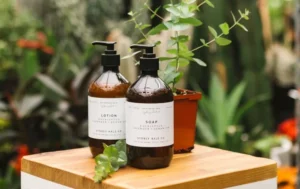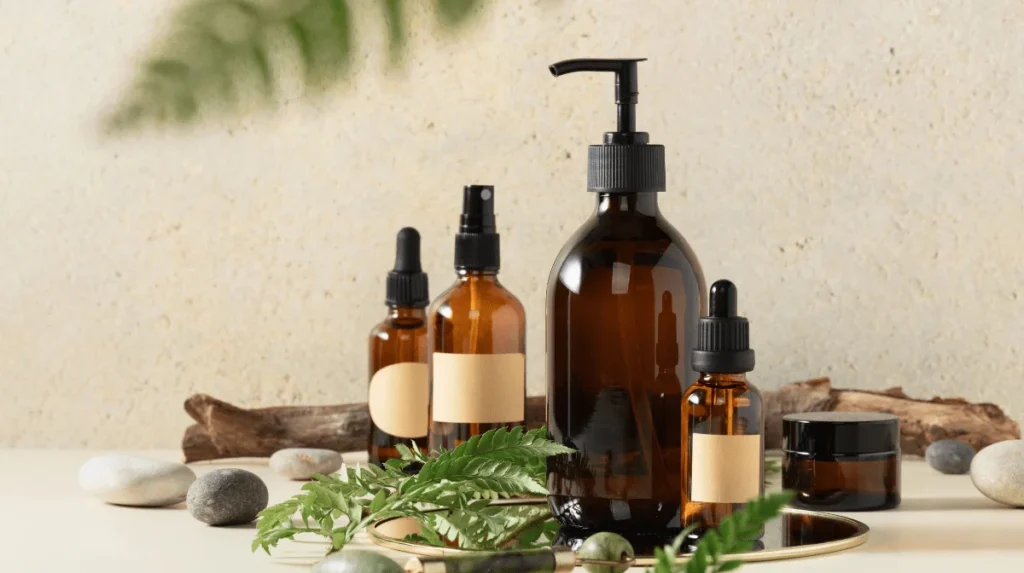Nigeria has cemented its position as the continent’s biggest beauty and personal care market, contributing a staggering $7.8 billion to Africa’s overall $57 billion industry. This revelation underscores the growing appetite among Nigerians for cosmetics, skincare, haircare, and wellness products, driven by a rising middle class, youth population, and increasing awareness of personal grooming.
Youthful Population Fuels Consumption Surge
With over 60% of Nigeria’s population under the age of 25, the country’s youthful demographic plays a major role in shaping beauty trends and influencing spending habits. Young Nigerians, particularly women, are turning to a wide array of beauty products to express personal identity, enhance appearance, and participate in social and digital culture.
In urban centers such as Lagos, Abuja, and Port Harcourt, beauty stores, salons, spas, and e-commerce platforms have seen a boom in sales, reflecting the strong demand for high-end as well as affordable beauty solutions. International brands and homegrown labels alike are tapping into this large and increasingly sophisticated consumer base.

Digital Culture and Influencer Marketing Accelerate Demand
Social media has significantly transformed the Nigerian beauty landscape. Platforms like Instagram, TikTok, and YouTube have empowered influencers and beauty enthusiasts to shape public opinion, promote products, and create viral trends.
Makeup tutorials, product reviews, and skincare routines have become highly influential, particularly among Gen Z and millennial audiences. This digital engagement has driven awareness and accessibility, making beauty products more visible and aspirational across socioeconomic groups.
Local Brands Rising Amid Import Dominance
While imported beauty products continue to dominate retail shelves, Nigeria has witnessed the steady rise of local brands creating culturally relevant and skin-friendly solutions. These brands often formulate products to match African skin tones, address common skin conditions such as hyperpigmentation, and use indigenous ingredients like shea butter, black soap, and hibiscus.
Entrepreneurs in the beauty space are seizing the opportunity to innovate, with many small and medium enterprises (SMEs) leading the charge toward locally manufactured and globally competitive products.
Economic Impact and Job Creation
Beyond consumer trends, Nigeria’s $7.8 billion share in the beauty and personal care industry represents a critical economic engine. The sector supports thousands of jobs across retail, manufacturing, logistics, marketing, and cosmetology services.
Salons, barber shops, esthetician services, makeup artistry, and product distribution networks contribute to both formal and informal employment, particularly among women and young entrepreneurs.
Challenges Persist in Regulation and Infrastructure
Despite the growth, industry professionals continue to raise concerns about the lack of standardized regulations, poor enforcement of quality control, and inadequate access to financing for startups. Counterfeit products and inconsistent supply chains remain persistent issues that threaten consumer trust and the sustainability of the market.
Calls for better oversight by regulatory bodies such as NAFDAC, as well as increased investment in research and development, continue to grow louder within industry forums and exhibitions.
Future Outlook: Nigeria as Africa’s Beauty Powerhouse
As Nigeria’s population continues to grow, along with its digital penetration and beauty consciousness, experts predict even greater expansion in the years ahead. The country’s large and diverse market presents unmatched opportunities for investors, manufacturers, and service providers in the beauty space.
With strategic investment in regulation, infrastructure, and innovation, Nigeria could not only maintain its dominance in Africa’s beauty economy but also evolve into a global hub for beauty exports, talent, and trendsetting.







